RARE! Original Antique 1800's Hand Written Ink Historical Manuscript Document*
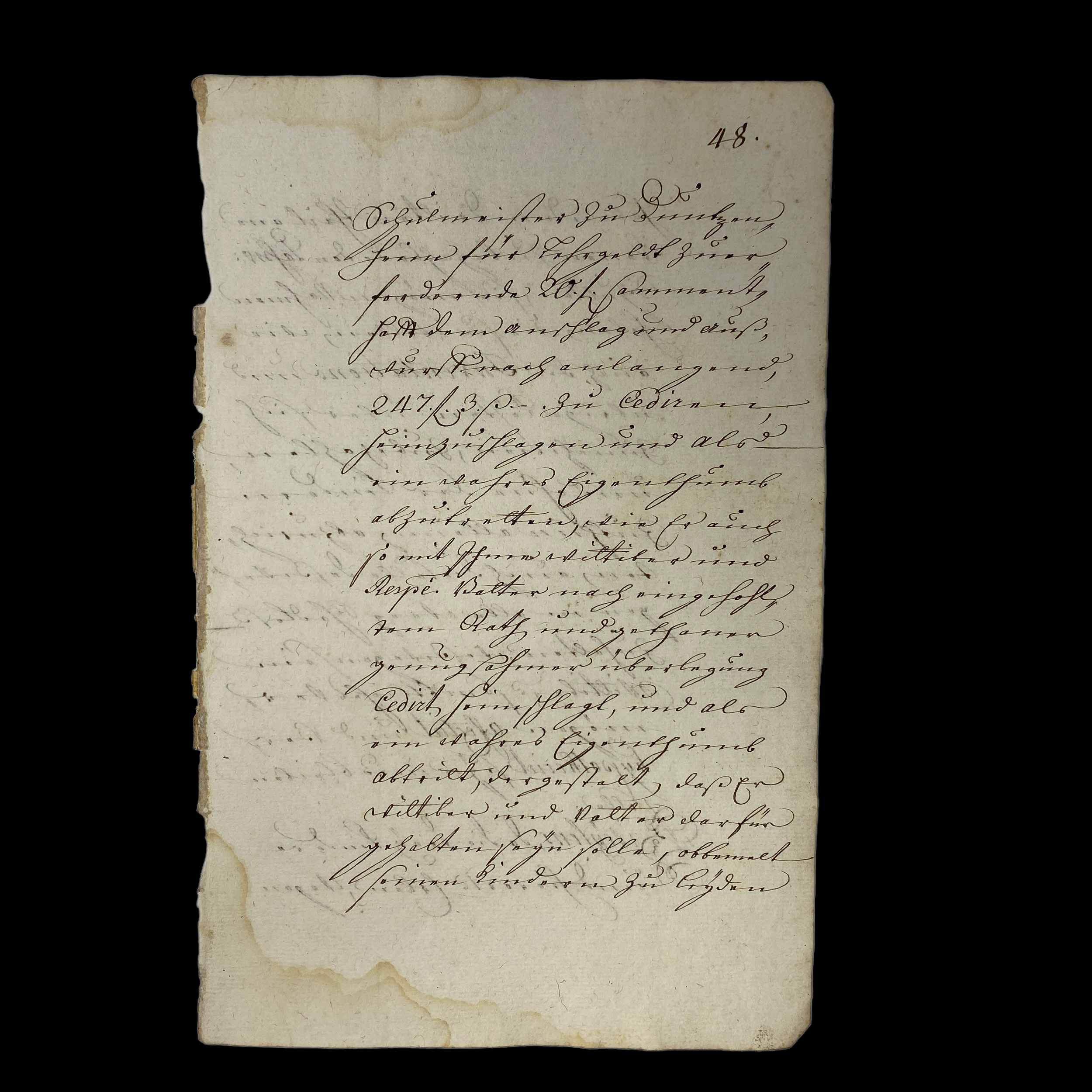

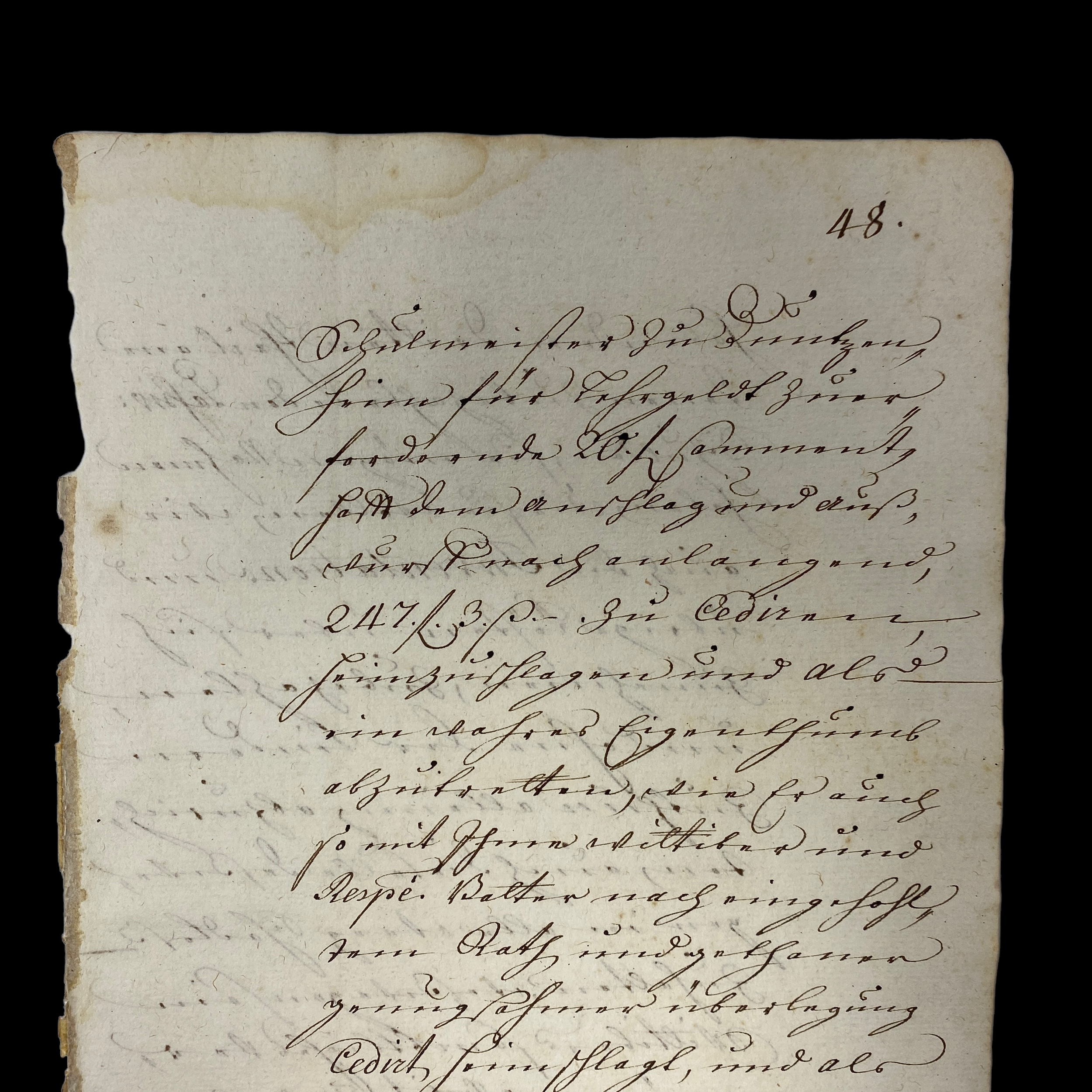
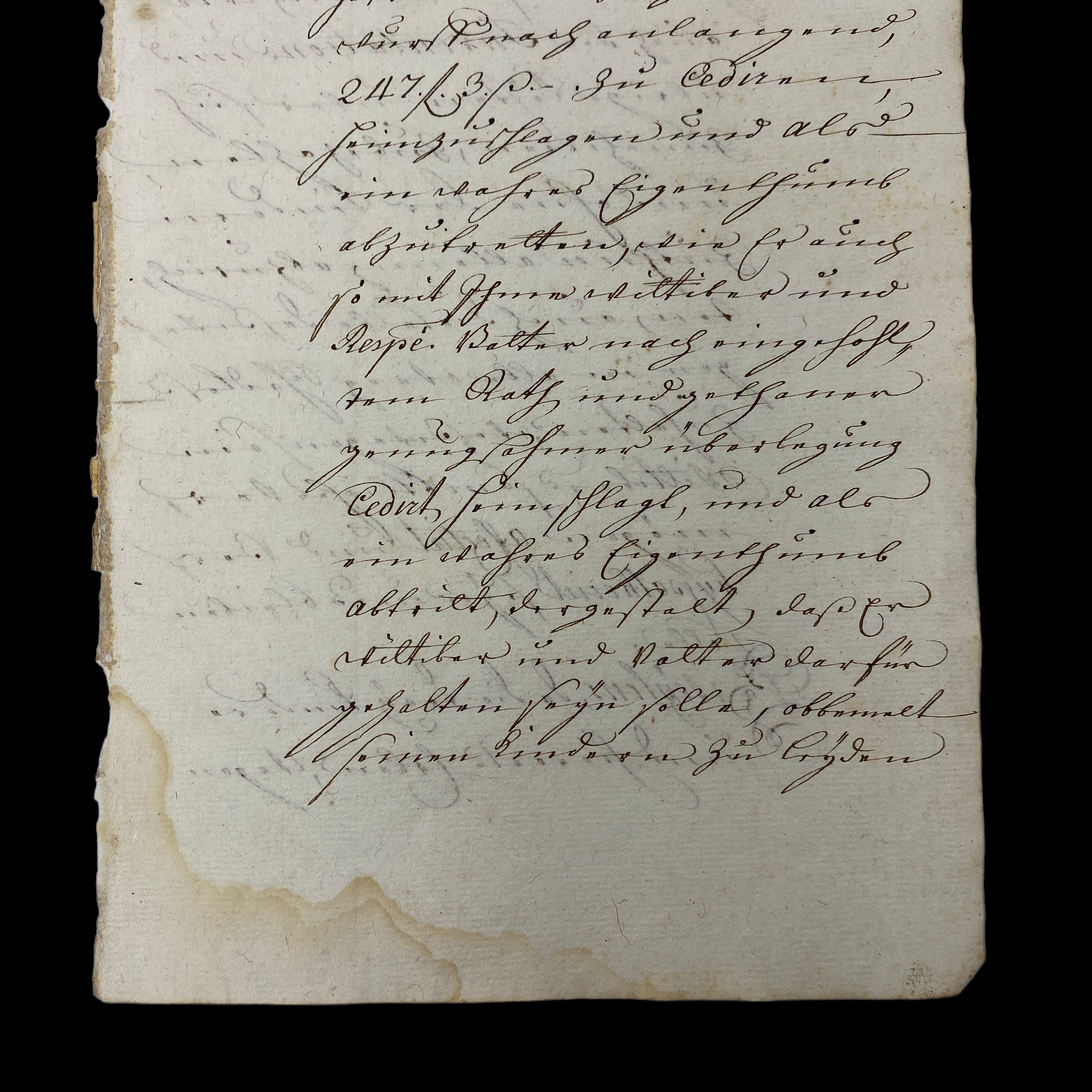


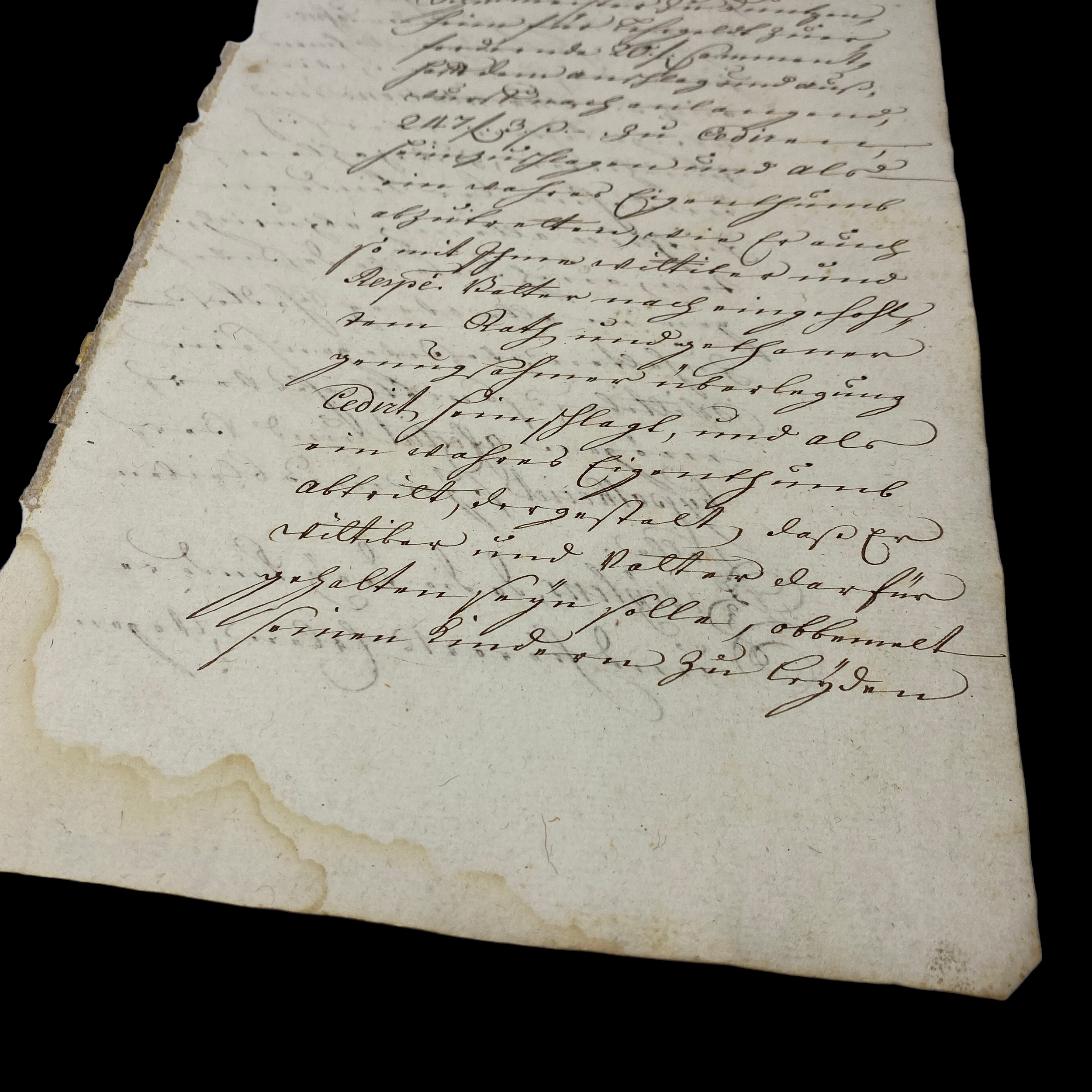
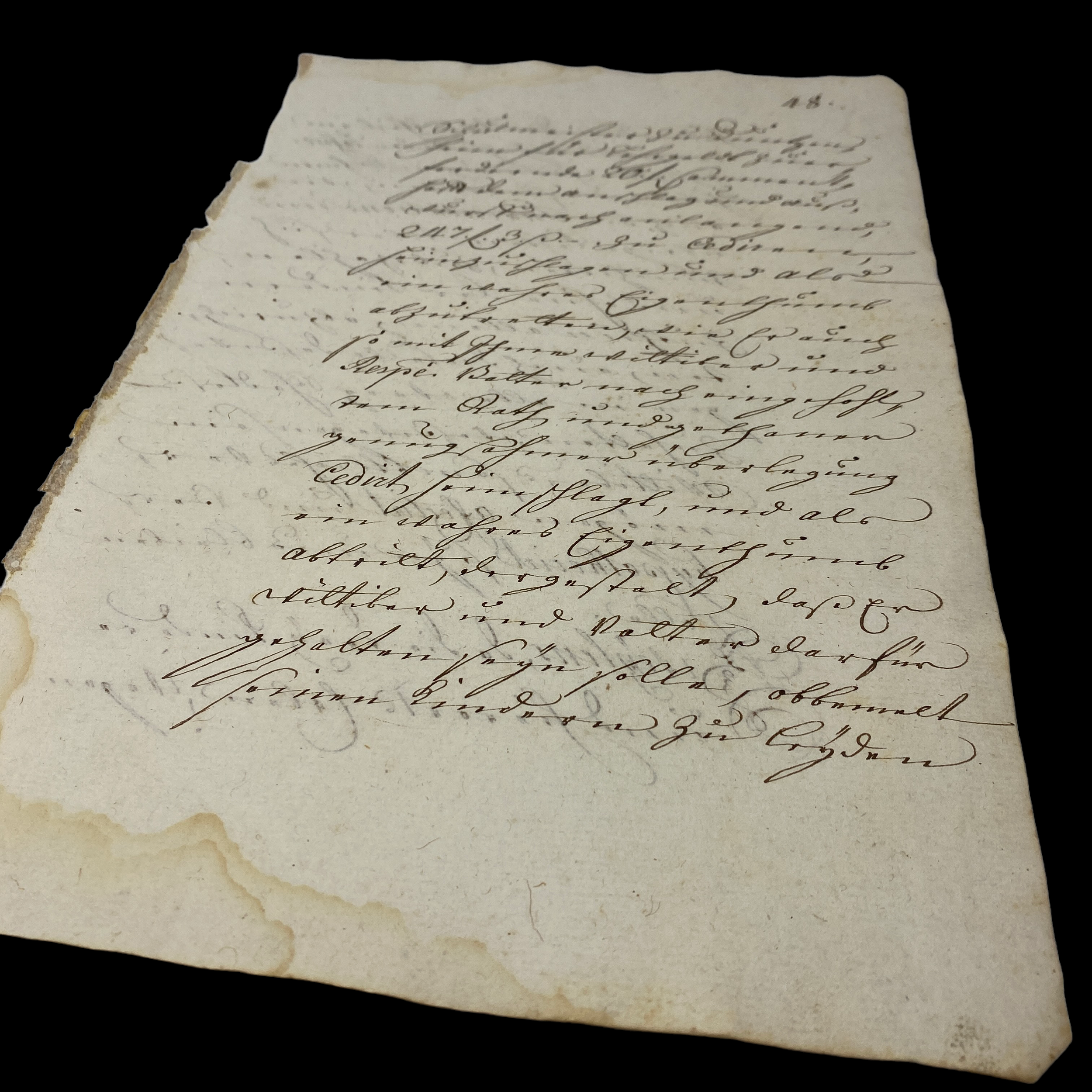
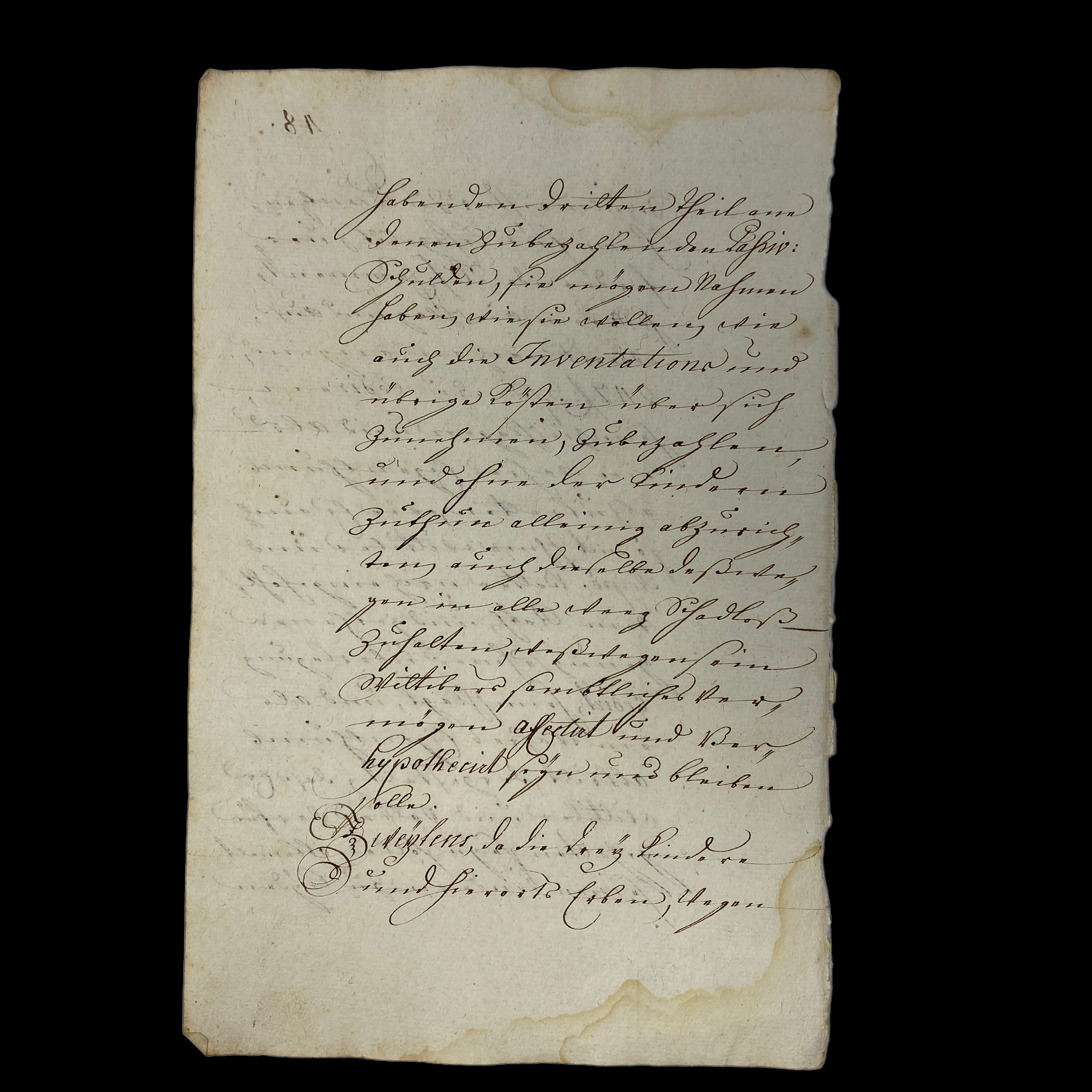
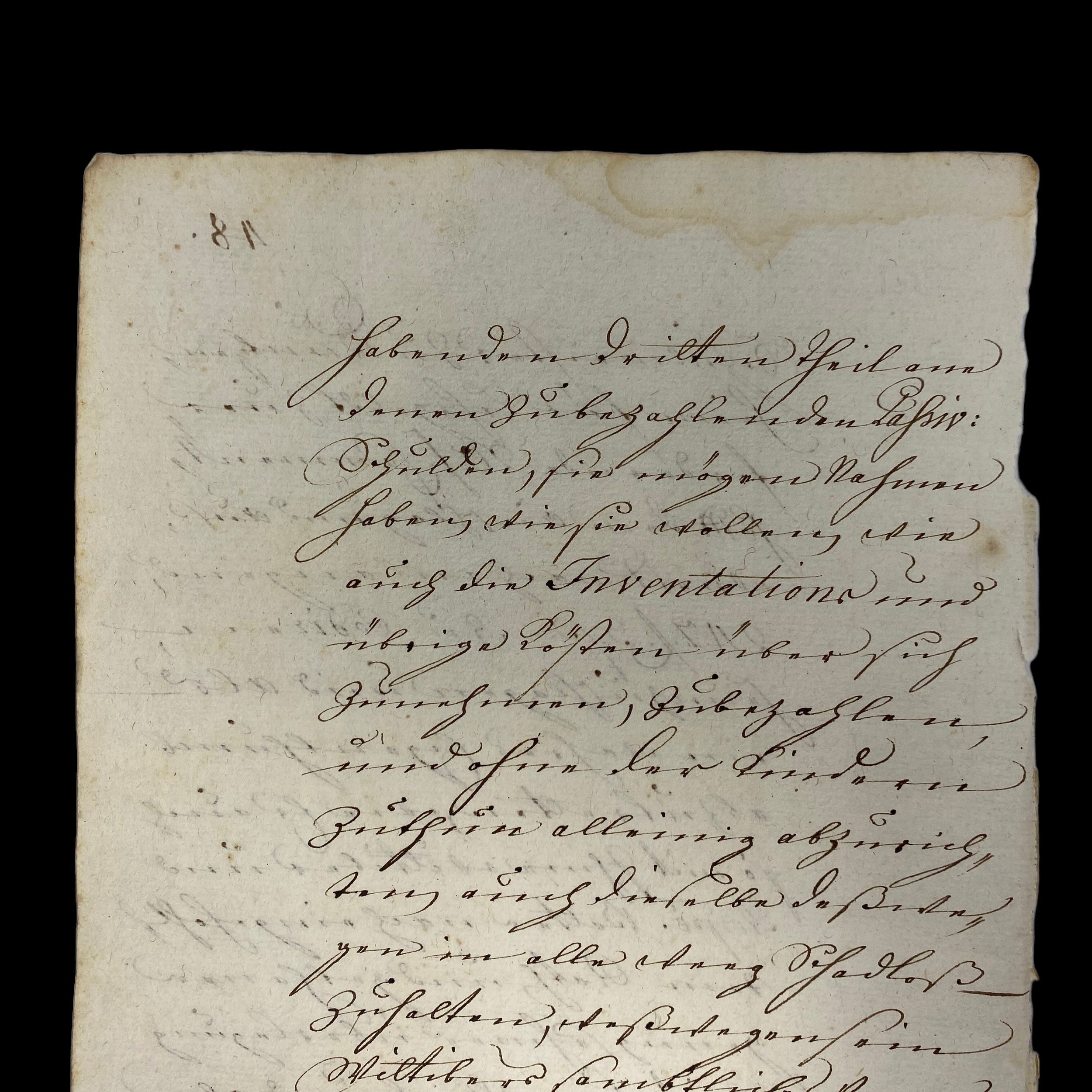

RARE! Original Antique 1800's Hand Written Ink Historical Manuscript Document*
Comes with C.O.A.
For sale is an original hand-written manuscript from the 1800s. This one-of-a-kind piece of history is a true collector's item. Written in beautiful cursive script, the manuscript is a fascinating glimpse into the past. The manuscript is in excellent condition, with minimal signs of wear and tear. It is bound in a sturdy leather cover, adding to its vintage charm. The manuscript is written in [insert language], and is a unique piece of literature, perfect for any history buff or collector of rare books. Don't miss this opportunity to own a piece of history!
The 1800s was a period of significant change and development in the world. The century saw the rise and fall of empires, the growth of industrialization, and major advancements in science and technology. It was also a period marked by political upheaval, social reform, and territorial expansion.
The early part of the century saw the end of the Napoleonic Wars and the Congress of Vienna, which redrew the map of Europe and established a balance of power between the major European nations. This period also saw the growth of nationalism movements, as people in various regions began to demand self-rule and independence from their respective empires.
The Industrial Revolution, which began in the late 1700s, continued to gather momentum in the 1800s. This period saw the rapid growth of industrialization and urbanization, as people moved from the countryside to the cities in search of work. The introduction of new machinery and technological advancements in transportation, such as the steam engine and the railway, led to increased productivity and economic growth. However, the rapid industrialization also led to the rise of poverty and social inequality, as many workers were subjected to poor working conditions and low wages.
The 1800s also saw the rise of colonialism and territorial expansion. European powers, such as Britain, France, and Spain, expanded their territories through colonization, often at the expense of the native populations. This led to the displacement and subjugation of millions of people, and the exploitation of natural resources.
In terms of science and technology, the 1800s saw significant advancements. The discovery of electricity by Michael Faraday and the invention of the telephone by Alexander Graham Bell were just two examples of the many technological innovations of the period. The 1800s also saw the rise of the sciences of biology, geology, and paleontology, as well as the development of the theory of evolution by Charles Darwin.
The 1800s was also a period of political and social reform. The abolition of slavery and the fight for women's rights were two of the most significant social movements of the period. The abolitionist movement in the United States, led by figures such as Harriet Tubman and Frederick Douglass, played a key role in the eventual abolition of slavery in the United States in 1863. Similarly, the women's rights movement, led by figures such as Susan B. Anthony and Elizabeth Cady Stanton, fought for women's suffrage and equality under the law.
In conclusion, the 1800s was a period of significant change and development in the world. It was marked by the end of wars, the growth of industrialization, territorial expansion, and political and social reform. The advancements in science and technology, as well as the rise of nationalism movements and social movements, have shaped the world we live in today.